- April 3, 2025
- Posted by: Viacame Communication
- Categories: Activism, Advocacy, Communication, Education, Gender, Health, Youth Empowerment
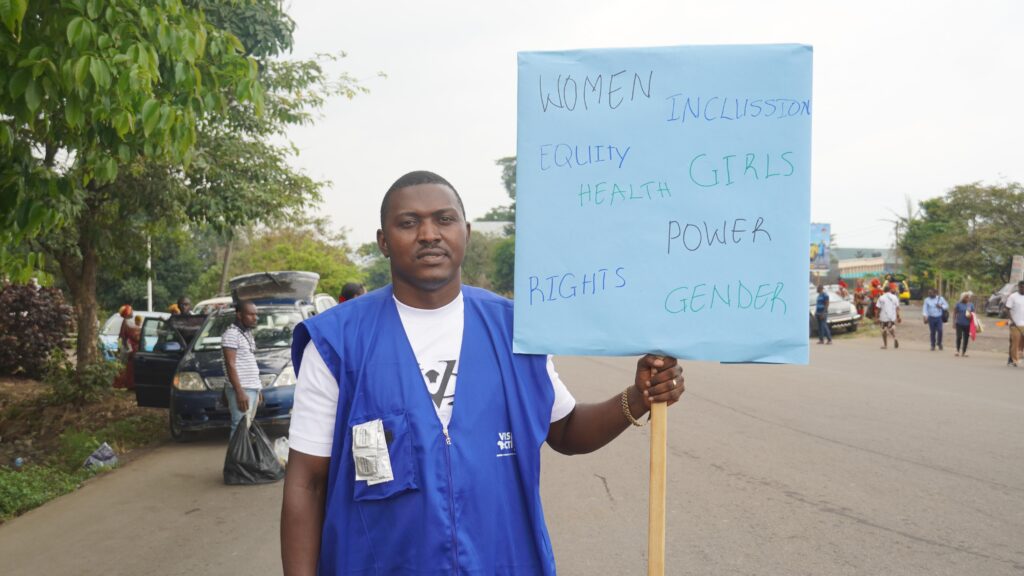
March has come to an end, but the spirit of unity, progress, and resilience that defined Women’s Month will continue to resonate in the hearts of many long after. As we reflect on the extraordinary achievements and unwavering strength of women around the world, we must acknowledge an important truth: the power women possess isn’t something to be earned, it’s something that’s always been there, woven into the very essence of our identities. From the earliest days of civilization to the present, women have been shaping the world around us, breaking down barriers, and inspiring change in ways both grand and small.
Throughout history, the contributions of women have often been overlooked, yet their impact is undeniable. Whether in bustling global capitals or quiet rural villages, the influence of women is transformative, touching every corner of the world. The question isn’t whether women have power; it’s whether we fully recognize and claim it for ourselves. This month, and every day, it is important to not only celebrate the achievements of women but also to honor the inherent power that lies within every woman.
The Historical Legacy of Powerful Women
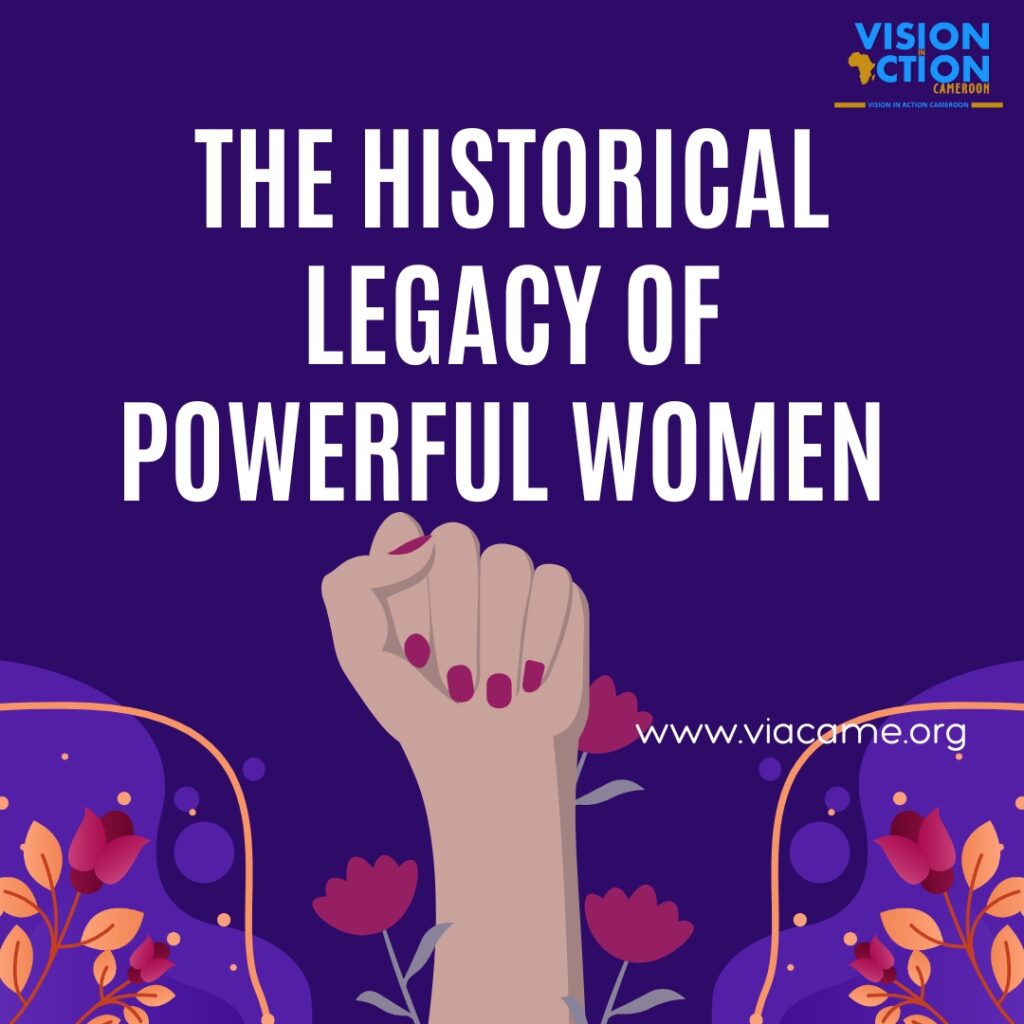
Throughout history, women have stood at the forefront of revolutions, innovations, and resistance against injustice. The legacies of powerful women are not confined to textbooks or museum exhibits—they live on through the ongoing struggles and triumphs of women today.
Consider Marie Curie, one of the most brilliant scientists in history. Curie was the first woman to win a Nobel Prize and the only person to win the Nobel in two different scientific fields—Physics and Chemistry. Her pioneering research on radioactivity revolutionized the world of science and medicine. Despite the prejudice and barriers she faced as a woman in a male-dominated field, her work laid the foundation for future advancements in physics and cancer treatments. Curie’s legacy is a testament to the unyielding determination and brilliance of women, even when society at large tries to hold them back.
Another powerful example of women’s strength comes from the story of Malala Yousafzai. After surviving a near-fatal assassination attempt by the Taliban for advocating girls’ education, Malala rose to become an international symbol of resilience and courage. As the youngest-ever Nobel Peace Prize laureate, she continues to advocate for girls’ education and women’s rights around the globe. Her bravery and advocacy show that women’s power isn’t just about achieving personal success—it’s about lifting up others and driving systemic change.
Then there’s Queen Nzinga of Angola, who fought against Portuguese colonization in the 17th century. Queen Nzinga’s leadership and military strategy made her one of the most remarkable figures in African history. Her resistance to the Portuguese empire not only preserved her people’s freedom but also set an example of fierce determination, diplomacy, and leadership that transcends generations. Her story is a vivid reminder that women’s power extends far beyond the domestic sphere; women have always had the ability to shape history.
In Cameroon, Josephine Nkou made history by becoming one of the country’s first female doctors. Her path was not easy; medicine was a male-dominated profession, and gender barriers were pervasive. But her perseverance in the face of adversity has inspired countless women in Cameroon and across Africa to pursue careers in healthcare. Dr. Nkou’s legacy proves that women, regardless of the obstacles in their way, can break down barriers in any field and leave a lasting mark on society.
These powerful women, along with countless others throughout history, demonstrate that women have always had the ability to change the world. They didn’t wait for permission to lead they simply did. And the truth is, the power they exhibited is not unique to them; it is a power that resides in every woman. What these women have shown us is that the power to lead, to change, and to break down barriers is already inside of us. It’s time we take that power and own it.
International Women’s Day: A Legacy of Resistance and power
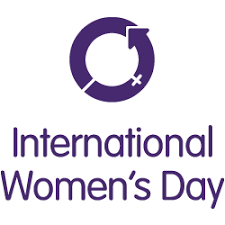
International Women’s Day (IWD), celebrated every year on March 8th, has its roots in the early 20th-century labor movements. The history of IWD dates to 1908, when 15,000 women marched through the streets of New York City, demanding better working conditions, shorter hours, and the right to vote. Their protest was part of the broader struggle for women’s rights and the fight for gender equality. In the wake of these courageous demonstrations, the Socialist Party of America declared the first National Women’s Day in 1909, and the idea began to spread.
By 1910, Clara Zetkin, a German activist, proposed the idea of a global Women’s Day at the International Socialist Women’s Conference in Copenhagen. Zetkin’s vision was to have a day that would unite women around the world in the fight for gender equality, better working conditions, and reproductive rights. This idea took hold and quickly spread across the globe. By 1917, Russian women marked the day with protests that would ultimately help catalyze the Russian Revolution. Over the years, IWD evolved into a global celebration, not only of women’s achievements but also of the continued struggle for women’s rights and gender equality.
The meaning of IWD has shifted and expanded over the years. For many, it is no longer simply a time to “ask for empowerment”, it has become a moment to recognize the power that is already embedded in women’s lives. It is an opportunity to celebrate women’s achievements, both individual and collective, and to demand that everyone especially men—join in the fight for gender equity . IWD is not just a day for women to reflect on their power, but for the world to acknowledge the immense contributions that women make every day, often under challenging circumstances. Power isn’t something women need to seek; it’s something that has always been a part of us. It’s important for us, as women, to recognize that power is not a finite resource—it’s something that we can tap into at any time, regardless of where we are in our lives. Women power is not about asking for permission; it’s about claiming our autonomy and demanding that our voices be heard. It’s about recognizing that we don’t need to prove our worth to anyone—our worth is inherent, and the world needs to learn how to honor and celebrate that.
The Fight for Sexual and Reproductive Rights: A Call for Collective Collaboration
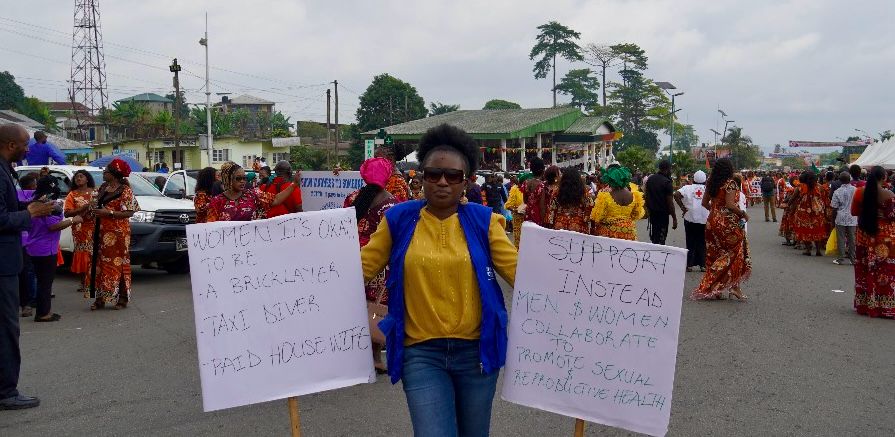
At VIAC, an SRHR (Sexual and Reproductive Health and Rights) organization, we believe that International Women’s Day is not just a celebration, it is a powerful reminder. It is a day to recognize the immense strength women possess, their incredible contributions to society, and the progress that has been made in the fight for gender equality. However, we also see it as an opportunity to shift the narrative; from asking for men’s support to demanding their collaboration.
For centuries, women have demonstrated resilience, strength, and brilliance in countless spheres of life. Yet, too often, the conversation focuses on seeking validation and support from others. Women don’t need to be granted power; they already hold it. What is needed now is the creation of spaces where women’s leadership can flourish, where they can make decisions about their bodies, their futures, and their communities without fear of judgment or discrimination.
Reclaiming Autonomy Over Our Bodies
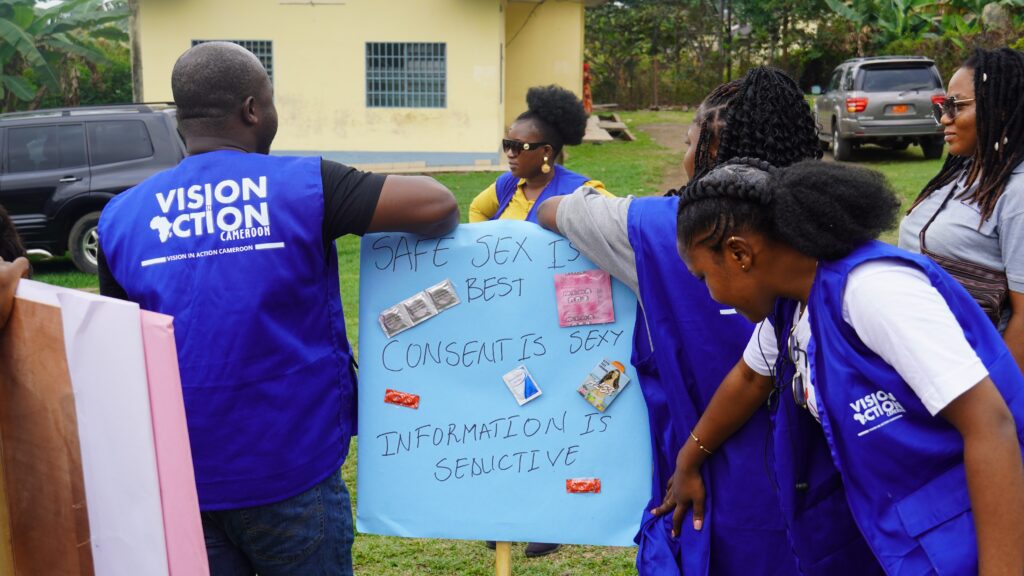
One of the most significant ways women can exercise their power is by asserting control over their bodies, especially when it concerns sexual and reproductive health. The right to make informed decisions about one’s sexual health, to access contraceptive methods, and to determine whether or not to carry a pregnancy is fundamental to women’s autonomy. At VIAC, we believe that these rights are not privileges to be given, there are inherent. The fight for sexual and reproductive rights (SRHR) is about ensuring that every woman can make choices regarding her body without societal barriers or legal restrictions.
However, it is critical to recognize that these rights are not universally accessible. Across the globe, women still face significant barriers to accessing basic sexual and reproductive healthcare. In many countries, laws and policies limit women’s access to essential services such as contraception, safe abortion, and comprehensive sex education. Some women also continue to face gender-based violence, forced marriages, and harmful traditional practices like female genital mutilation—all of which violate their bodily autonomy and undermine their power.
At VIAC, we are committed to advocating for the rights of women to control their sexual and reproductive health, not as a favor or a grant of power, but as an acknowledgment of the autonomy that every woman inherently holds.
Shifting the Narrative: From Support to Collaboration
While we continue to celebrate women’s achievements, it is equally important to change how we talk about gender equity. Too often, the conversation around empowering women revolves around asking for support, especially from men. Women’s empowerment is often framed as a call for men to “give” women power, but this narrative diminishes the truth that power is not something that needs to be given—it already resides within women.
International Women’s Day should serve as a reminder that women do not need permission to lead or to assert control over their lives. What we need is collaboration. Gender equality is not a one-sided effort—it’s a shared responsibility. Men and women alike must work together to create spaces where women’s leadership is not just accepted but celebrated and supported.
This collaboration isn’t about diminishing the role of men or their contributions; rather, it’s about challenging all people—regardless of gender—to dismantle the cultural, social, and institutional barriers that limit women’s agency. Men must be allies, not gatekeepers. They should stand beside women in the fight for equal rights, challenging stereotypes and advocating for policies that recognize and amplify women’s power.
Creating Space for Women’s Leadership to Thrive
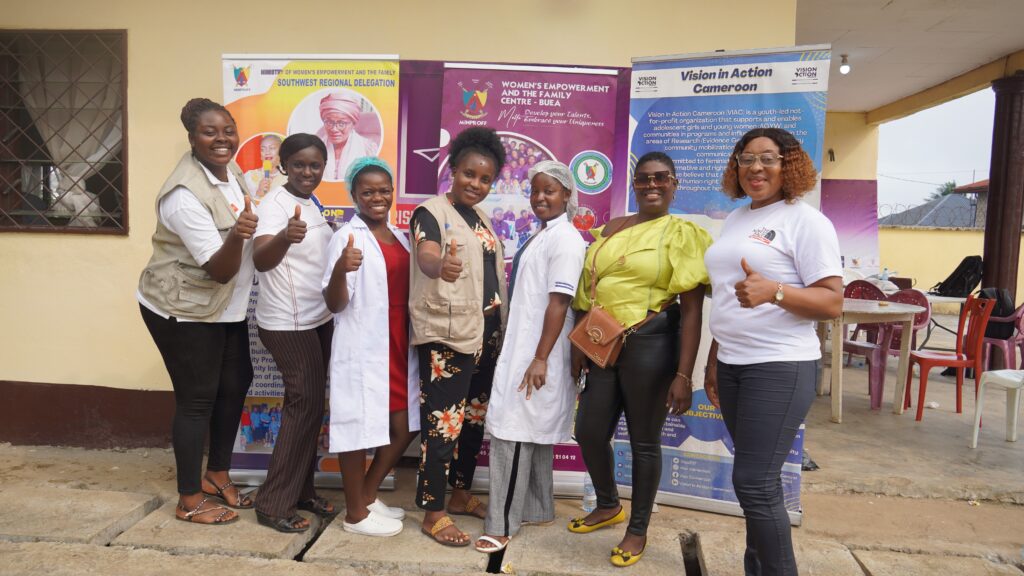
Achieving true gender equity requires creating environments where women’s leadership can grow and flourish. Women’s leadership is not confined to boardrooms or political offices; it can be found in every part of life, from family dynamics and local community work to global human rights efforts and sectors like science and healthcare.
For women to thrive, it’s essential to have the freedom to make choices that shape their lives, without fear of judgment or societal limitations. This includes access to sexual and reproductive health services, but also the opportunity to participate fully in all areas of life, free from discrimination or violence. Empowerment and true leadership happen when women are provided with the tools, resources, and support to lead and make decisions in all areas of their lives.
The time is now for women to confidently step into their roles as leaders. The power has always been within us, and it’s time for that power to be embraced fully and without hesitation. At VIAC, we stand together with women everywhere, advocating for their rights, amplifying their voices, and supporting their leadership.
By working together, we can create a future where every woman can live with dignity, equality, and the freedom to make her own choices. Let’s empower each other, uplift one another, and move forward with confidence, knowing that our collective strength can create meaningful change.
Let’s take our power. Let’s claim it. And let’s do it together.
